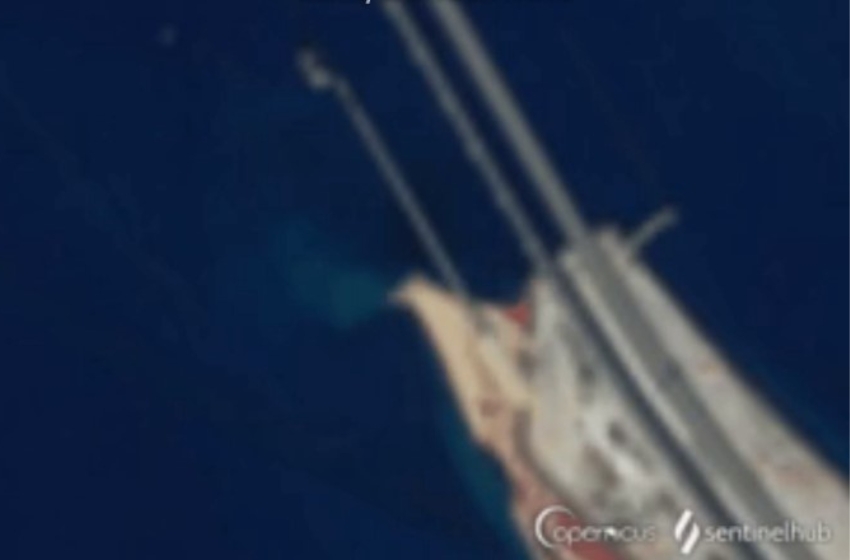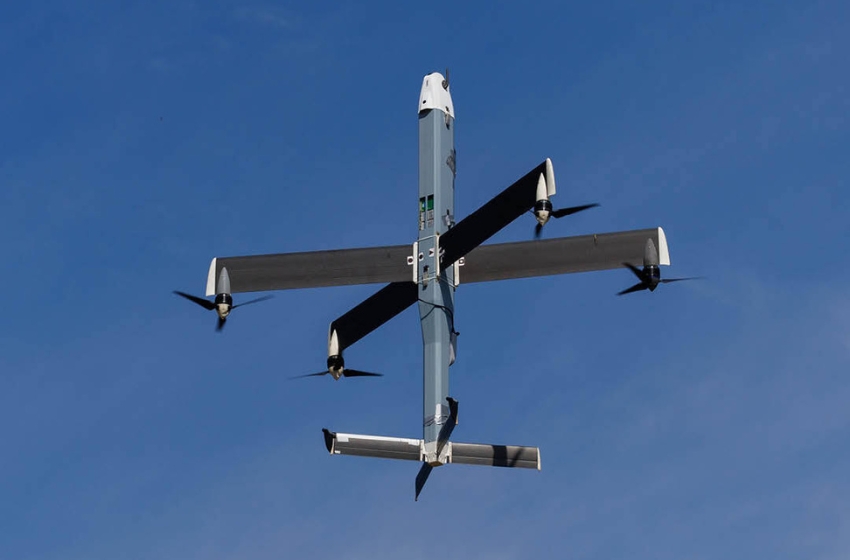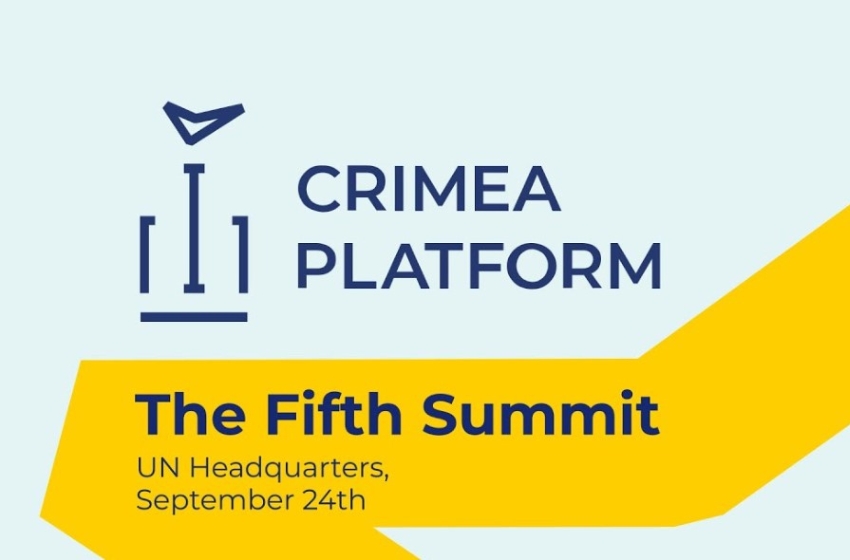The negotiations in London mark the first true bifurcation point of the war — and, at the same time, a point of no return.
The essence of a bifurcation point lies in a branching of possibilities and a phase transition.
There are only two options here.
The first is to follow in the wake of U.S. decisions — the path of “obedience” and “acceptance” of a fate determined in Washington.
Essentially, such relations are forming along the axis of Suzerain–Dominion.
It is precisely this vassal nature of the relationship that most outrages a portion of Ukrainian society.
However, this outrage does not stem from a mature sentiment, since not long ago, the very same segment of society applauded this format of relations with America, placed its hopes in it, and justified the “benefit” for Ukraine in precisely such a format of geopolitical dependence.
Yet we understand that any form of dependence, if it does not transform into interdependence — that is, into a mature partnership — becomes a sickness.
And a sickness must be treated.
In other words, some people in our society somehow perceived geopolitical dependence on the U.S. exclusively in a positive light — through the prism of what Ukraine stood to gain.
Without considering that “Dad can not only give presents, but also demand at least obedience.”
And if there is no “obedience,” then the U.S. may execute a geopolitical “disconnection” from our problems.
Which brings us to the second option — that very “disconnection” by the U.S., leaving Britain and the EU as the remaining “booster modules” in the context of the war.
But again, without any binding commitments from the latter to allocate, say, 0.25% of their GDP to support Ukraine.
And this is the bare minimum needed for war — about $50 billion a year.
Without these budgetary commitments, support will remain situational and medium-term, rather than long-term and strategic.
The EU’s goal is also becoming clear.
Europe needs up to three years to adapt to the U.S. withdrawal — or to wait for America’s return.
Over the next three years, Europe will be in a zone of geopolitical risk and a weakened external security sphere.
So helping us is in Europe’s interest (almost in a Hegelian sense).
For the EU, supporting Ukraine is a way to divert global risks and contain them on the external perimeter — rather than face an inward invasion.
And to do so at a time of economic and military fragility — during its most vulnerable period.
But who can guarantee that, without strategic commitments to support Ukraine, Europe won’t assume the current U.S. position three years from now?
As much as we’d like to believe them at their word, such a format of situational partnership without strategic commitments is highly unstable.
Thus, the choice is narrow:
End the war on U.S. terms — or continue the war without the U.S.
Most likely, the choice has been made, and today in London we’ll witness the detachment of the main “booster stage,” with the “journey to orbit” continuing without it — possibly at a lower velocity.





















